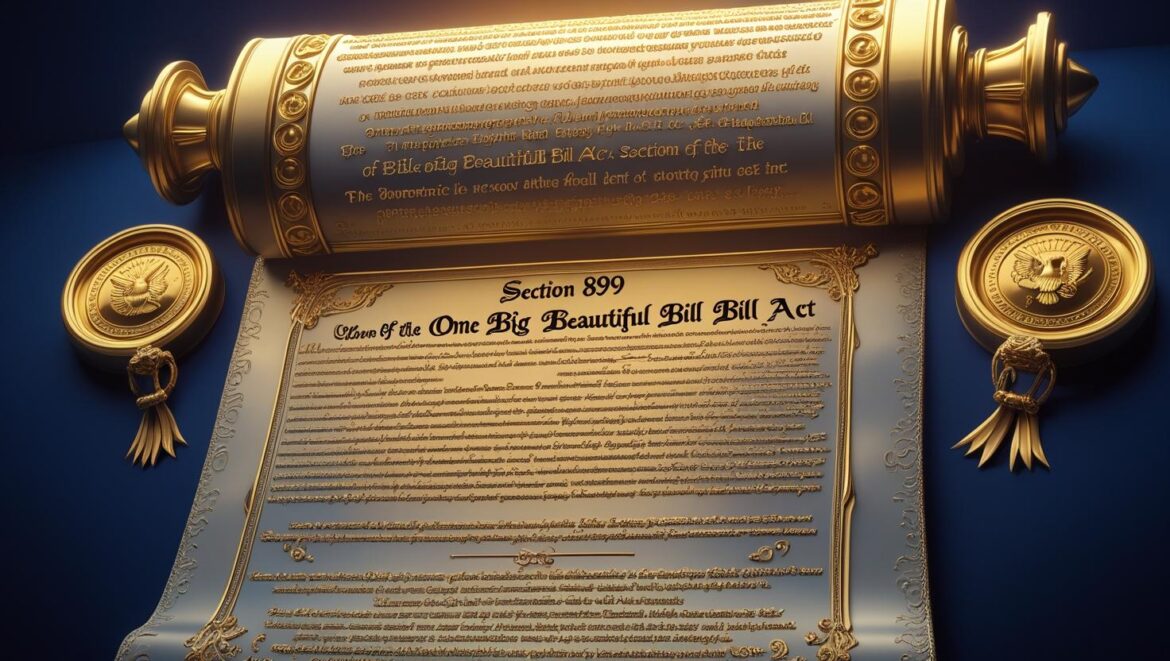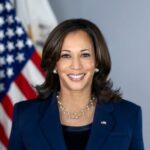Miffed at the manner in which lawmakers went about the business of the One Big Beautiful Bill, the world’s richest person, Elon Musk, almost immediately floated his America Party, a political group that is to be an alternative to the Grand Old Party and Democrats. Even before the formalization of any announcement, the writing was on the wall. The CEO of Tesla was all over the biggest piece of legislative agenda of President Donald Trump.
If the man sitting in the Oval Office was lashing out at detractors, the man pacing outside the fence of the White House was asking members of Congress who voted for the Bill to hang their heads in shame. And the two men each had their share of threats to the other, almost on similar political lines. In the end, only a handful of Republicans dared to challenge their President; and those who did either knew the consequences right away or quickly passed word of them staying out of the 2026 Midterms. And Musk, who was earlier warned not to add to the coffers of Democrats, had a subtle message of his own to the GOPers: see you early next year at the primaries.
In one sense, both Trump and Musk knew exactly what they were talking about: the role and power of money in American politics. Trump knows that without Musk’s US$300 million, things could never have been that comfortable for himself or for the bunch of Republicans that Musk bankrolled in November 2024. And all this without the Tesla man even wincing for a second, for he happened to believe in Trump and his message to the Make America Great Again (MAGA) crowd.
There may have been some in the political world who refused to take this bonhomie seriously; and there are others who perhaps believe that the so-called rift and the shouting matches between the President and his former First Friend are all theatrics—carefully managed and staged.
It is simply mind-boggling to see how much money is spent in a presidential election cycle. OpenSecrets says that about US$5.5 billion was spent by presidential candidates, political parties, and interest groups in 2024. And if congressional races to the House of Representatives and Senate are added, the 2024 campaigns came very close to US$16 billion. Party-wise, it is estimated that Democrats spent about US$6.7 billion, Republicans some US$7.6 billion, and third-party candidates a little over US$500 million.
The money bags for Republicans and Democrats are not an exclusive group by any stretch of the imagination: from an ordinary supporter writing a cheque or swiping his credit card to the allowable limits of Campaign Finance Laws, to mega donors, political action committees (PACs), Super PACs, and Hollywood moguls.
Tempting it is indeed to think that just because Musk has about US$400 billion to his name, his America Party will be right there along with Republicans and Democrats in 2026 and 2028. The journey has just begun for a political entity that would have to wade through numerous federal and state laws, not to speak of the zillions of signatures required to get on the ballot paper. And for every opportunity, there will be a roadblock—real or imagined. For a party that would have to get through a thicket of regulations, finding candidates from the Presidency to a dogcatcher—as the phrase in the American political world goes. And Musk knows too well that being a naturalized American citizen, he cannot run for the nation’s top job.
America Party is not the first entrant to challenge the two-party system. There have been parties and independents who have tried their hands in recent memory, and it goes much farther than an occasional serious challenge from Ralph Nader of the Green Party. In the 1980s, it was John Anderson; in the 1990s, it was the billionaire Ross Perot who took on the Republican establishment and wrecked it.
Running on the Reform Party ticket in 1992, Perot received some 19 percent of the popular vote and packed off George H.W. Bush from the White House. In 1996 again, Perot was blamed for helping Bill Clinton by garnering some 9 percent of the vote. The first Reform Party candidate to win state office was former professional wrestler Jesse Ventura, who was Governor of Minnesota between 1999 and 2003.
The big impact Musk will be able to make is possibly outside of the framework of the America Party, which undoubtedly will take time to shape. In the interim, the billionaire will have to carefully focus on candidates that will first make a difference in the Midterms of 2026. President Trump remembers quite well the kind of political thrashing Presidents Bill Clinton and Barack Obama received in their first Midterms after their entry into the White House. Clinton lost 52 in the House and 8 in the Senate; Obama lost 63 in the House and 6 in the Senate.
But Russ Verney, a former chair of the Reform Party and an advisor to Perot, had a “basic advice” to Musk in a recent interview: “Go to rehab and then focus on creating a new political party from a position of seriousness—not of anger, not of retribution, not of retaliation.”
Disclaimer: The opinions and views expressed in this article/column are those of the author(s) and do not necessarily reflect the views or positions of South Asian Herald.






